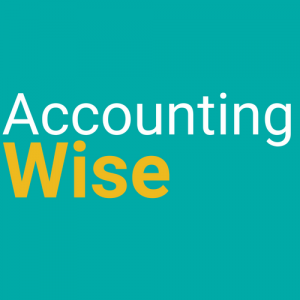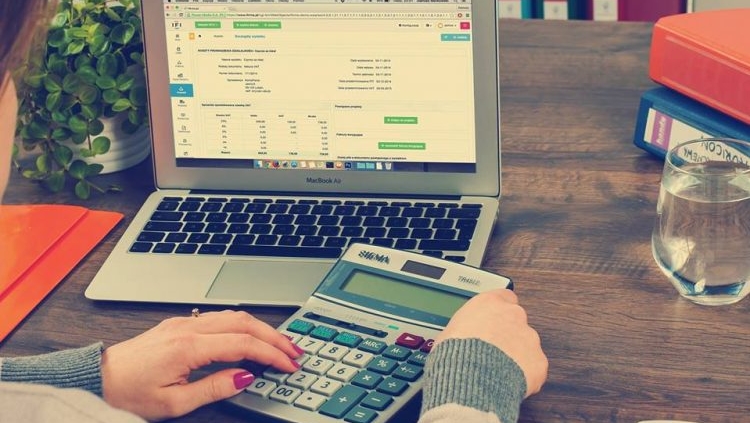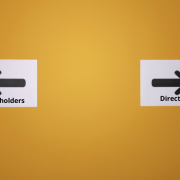Small business taxes
Small business taxes – what you need to know
Starting your own business is a truly exciting life decision, allowing you to pick your own gigs and do things your way. On the other hand, failure to get familiar with the small business taxes you’ll need to pay can have major consequences when the taxman cometh.
To help you get a better idea what you’re expected to pay as a freelancer, contractor, or small business owner, here’s a quickfire explanation of the main small business taxes.
Corporation Tax
What is Corporation Tax?
Corporation Tax is applied to limited company profits after employees’ salaries and other business expenses have been paid, but before dividends are withdrawn.
Sole traders don’t need to pay Corporation Tax.
How and when do you pay Corporation Tax?
UK-based limited companies are required to submit an online form to HMRC annually called a CT600. This contains details of your company’s income, minus any tax allowances and expenses.
Corporation Tax is due up to nine months and one day after your trading year end. You have the option to pay at any time during this period, but we highly recommend getting this out of the way as soon as possible to avoid fines.
Income Tax
What is Income Tax?
Income Tax is paid on certain income you personally receive. Income Tax is not payable on asset sales, such as buy-to-let properties – this would be taxed under Capital Gains.
How and when do you pay Income Tax?
If you’re a limited company director and draw a salary above the personal allowance, Income Tax will be taken at source through your company’s PAYE scheme. Any Dividends you take from the company are taxed through your annual Self Assessment, which has to be completed by all company directors.
For sole traders, Income Tax is paid on all profits on your annual Self Assessment tax return.
The amount you owe should be paid to HMRC before 31st January every year.
National Insurance
What is National Insurance?
National Insurance contributions build up your state pension entitlement and help pay for public services. You’re only required to pay National Insurance if you are over 16 and are making a profit equal to or above the current primary threshold.
How and when do I pay National Insurance?
As with Income Tax, if you’re a limited company director your National Insurance contributions will be taken via PAYE.
National Insurance for sole traders is calculated in the annual Self Assessment and paid to HMRC before 31st January every year.
VAT
What is VAT?
Value Added Tax (VAT) is a sum added to the price of most goods and services. VAT-registered companies must charge VAT to customers, but also have the benefit of being able to reclaim any VAT that they have paid on business expenses.
Companies are not automatically registered for VAT and don’t need to register unless their annual turnover exceeds the current threshold.
How and when do I pay VAT?
VAT is paid quarterly from the date of your registration. The money owed must be submitted and paid online within 37 days of the end of the relevant quarter.
If you’re registered for VAT, you must submit a return even if you have no VAT to pay or reclaim.
What is the VAT Flat Rate Scheme?
If your business has a turnover below £150,000, it might be beneficial to register for HMRC’s VAT Flat Rate scheme. This simplifies VAT reporting for small businesses, meaning there is no need to record VAT for individual purchases and sales.
Doing this can often also result in an increase in take-home pay, as you can still charge the basic rate of VAT but only pay HMRC a flat percentage rate (based on your trading activity).
Business rates
What are business rates?
If you run your business from a non-domestic property (e.g. an office, shop or factory), you’ll likely have to pay business rates.
How and when do I pay business rates?
You’ll be sent a business rates bill in either February or March each year for the tax year that starts the following April. Details of how to pay will be included on the bill, and you can opt pay in 12 monthly installments.
Still confused about small business taxes? Contact us and we can help answer some of your questions.









